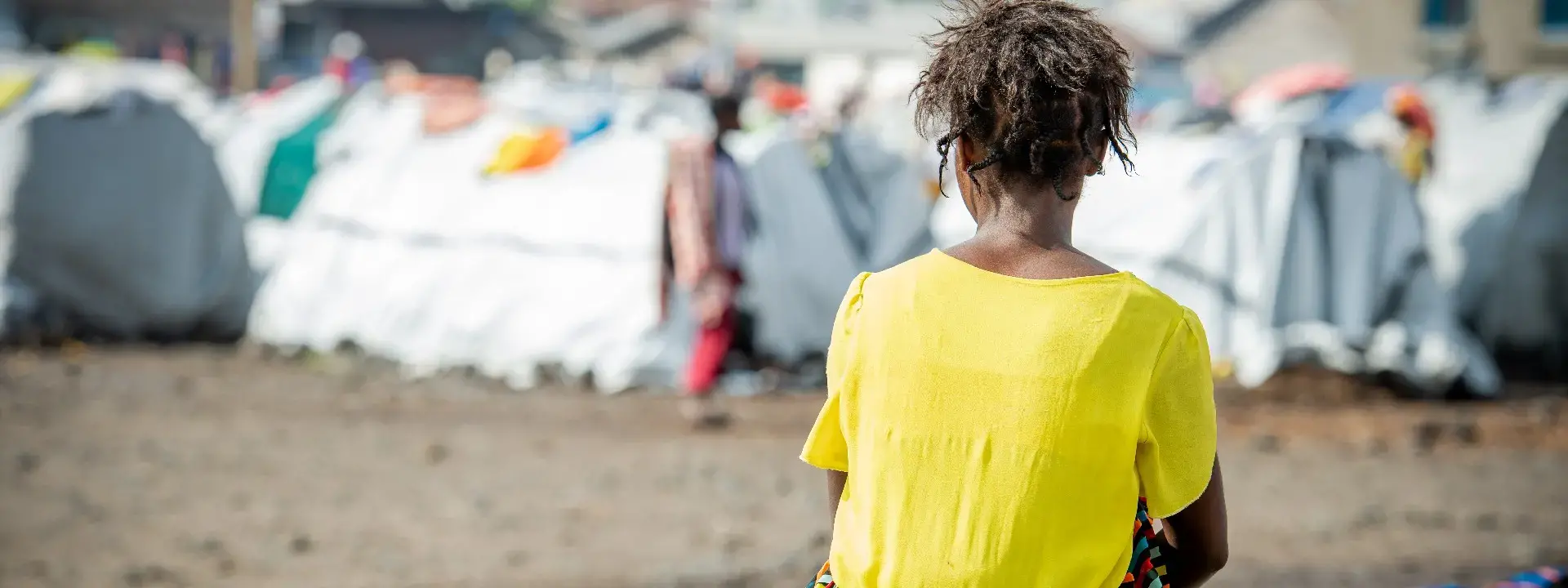Gender-based violence (GBV) remains a widespread problem in the Democratic Republic of Congo (DRC), with alarming rates of intimate partner violence affecting nearly half of women in relationships. Reported cases have increased significantly, from 47,502 in 2018 to 119,394 in 2022, reflecting both increased awareness campaigns and improvements in the legal framework. However, the persistence of GBV against adolescent girls and women is fueled by a variety of factors, including vulnerabilities exacerbated by conflict and displacement, entrenched social norms and harmful traditional practices, widespread gender inequality, and a weak justice system that often leads to delays in prosecutions. Addressing these root causes and systemic challenges is essential to effectively combat GBV and foster a safer and more equitable society in the DRC. UNFPA, the United Nations agency responsible for reproductive health and rights, is piloting a continuous approach to global interventions on gender-based violence in its strategic plan. The response to GBV in the DRC is based on a multisectoral model with effective coordination for the elimination of sexual violence in humanitarian settings.
UNFPA is working towards:
- The implementation of clear laws on sexual violence
- The implementation of a national strategy to combat GBV and a national gender policy are available to promote gender equality and end GBV.
- The creation of a national agency to combat GBV as the national institution responsible for coordinating GBV.
- The implementation of a national action plan to eliminate child marriage is available to support efforts to eradicate child marriage and protect adolescent girls. The commitment of the army and police, through security reforms, to ending GBV by prioritizing issues related to the protection of women and children and the fight against impunity, including for conflict-related sexual violence;
- The adoption of national protocols to respond to sexual violence across four components: medical, psychosocial, legal, and socio-economic reintegration;
- The availability of national data on GBV through the national database managed by the Ministry of Gender, Prevention, and Reintegration;
- Strong national and subnational mechanisms to raise awareness about the prevention of sexual exploitation and abuse, including information management systems, particularly in humanitarian settings.
UNFPA contributes to the holistic care of GBV survivors through integrated, multisectoral, one-stop service centers. More service providers are in place with strengthened capacities in clinical rape management, psychosocial support, and case management. In addition, UNFPA provides legal assistance to survivors. Regarding socioeconomic reintegration, survivors have access to income-generating activities, and children are able to return to school.


